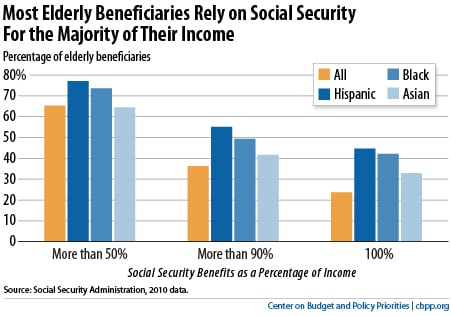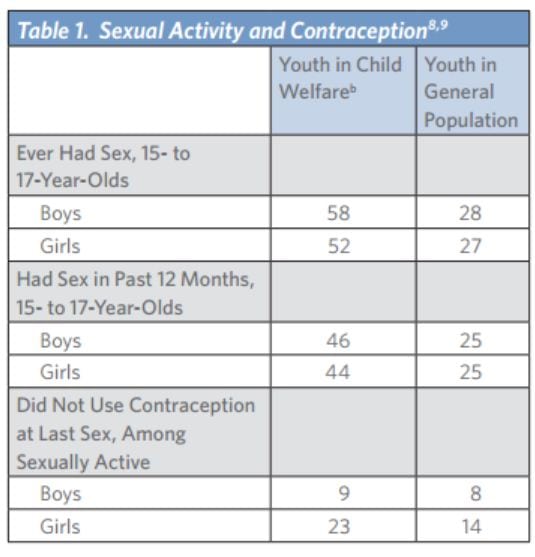Archive for July 2013
New Strategies in Assessing, Treating, and Relapse Prevention of Extramarital Affairs
Third-hand smoke as a potential intervention message for promoting smoke-free homes in low-income communities
Surveillance for Certain Health Behaviors Among States and Selected Local Areas — United States, 2010
The housing first model (HFM) fidelity index: designing and testing a tool for measuring integrity of housing programs that serve active substance users
‘It’s what gets through people’s radars isn’t it’: relationships in social work practice and knowledge exchange
Multivariate Dimensions of Age, Gender, and Weapon Use in Spousal Homicides
The therapeutic alliance: an evidence-based guide to practice
Yet they failed to do so: recommendations based on the experiences of North American Opiate Medication Initiative (NAOMI) research survivors and a call for action
Inequality and poverty in the United States: public policies for inclusive growth
Defining publication bias: protocol for a systematic review of highly cited articles and proposal for a new framework
How to Shore Up Social Security
Neopositivism and the DSM psychiatric classification. An epistemological history. Part 1: Theoretical comparison
Preventive therapy and resilience promotion: an evaluation of social work led skills development group work
Second generation antipsychotics: evolution of scientific knowledge or uncovering fraud
Addressing the Intimacy Interests of People with Mental Health Conditions: Acknowledging Consumer Desires, Provider Discomforts, and System Denial
One does not have to inspect cultural norms too closely to conclude that it is a lifelong priority for both men and women to have a partner, spouse or significant other with whom to be sexually intimate. We see evidence of this drive for intimacy in the lives of everyone we know, and see it reflected as well on television, in popular movies, in the explosion of internet dating sites, and within most works of literature. The desire to enter into emotionally satisfying and sexually intimate relationships and to maintain such relationships underpins adult human experience. In fact, most people do sustain such relationships for much of their adult lives, and most routinely reflect on the quality of their relationships throughout the life cycle. Satisfying intimate relationships are considered highly relevant to overall health and mental health, for everyone.
The Measure of America 2013–2014
Executive Functions
Non-invasive Brain Stimulation for the Treatment of Psychiatric Disorders
Rethinking Indirect Aggression: The End of the Mean Girl Myth
Psychotic Depression: An Underappreciated Window to Explore the Dimensionality and Pathobiology of Psychosis

Interventions To Improve Cardiovascular Risk Factors in People With Serious Mental Illness [Internet].
Parents of young people with self-harm or suicidal behaviour who seek help — a psychosocial profile
Child Exposure to Trauma: Comparative Effectiveness of Interventions Addressing Maltreatment
The face of appearance-related social pressure: gender, age and body mass Variations in peer and parental pressure during adolescence
Rethinking Adolescent Inpatient Psychiatric Care: The Importance of Integrated Interventions for Suicidal Youth With Substance Use Problems
Predictors of Online and Offline Sexual Activities and Behaviors Among Adolescents
Life Smart: A Pilot Study of a School-Based Program to Reduce the Risk of Both Eating Disorders and Obesity in Young Adolescent Girls and Boys
An exploratory cluster randomised trial of a university halls of residence based social norms marketing campaign to reduce alcohol consumption among 1st year students
An evaluation paradox in social work? An empirical study of evaluation use in connection with temporary programmes in Swedish social work
An Examination of the (In)visibility of Sexual Orientation, Heterosexism, Homophobia, and Other LGBTQ Concerns in U.S. Multicultural Teacher Education Coursework
Wage inequality and employment polarisation in British cities




